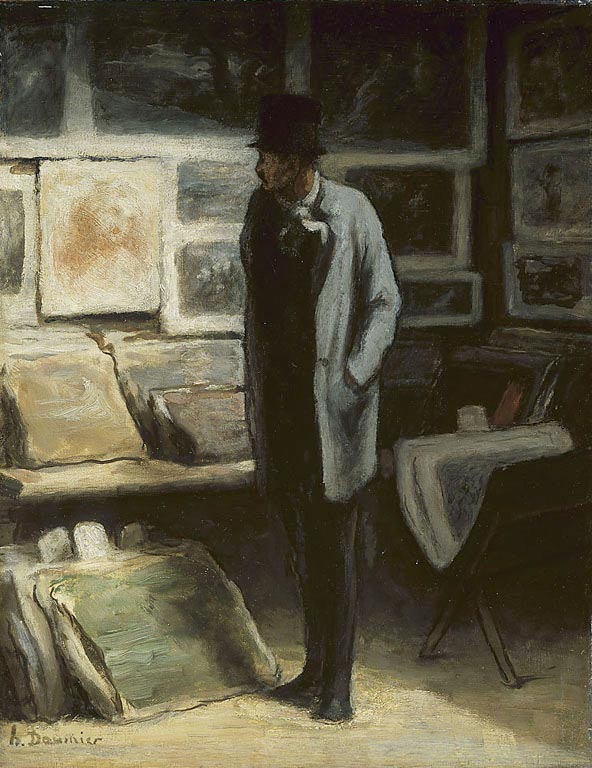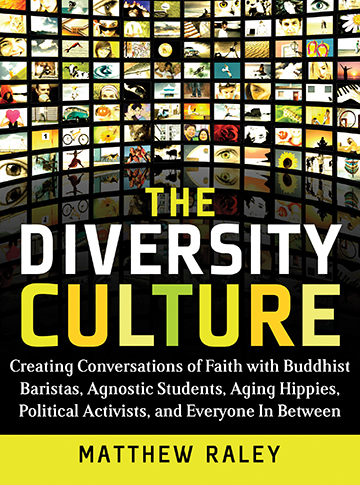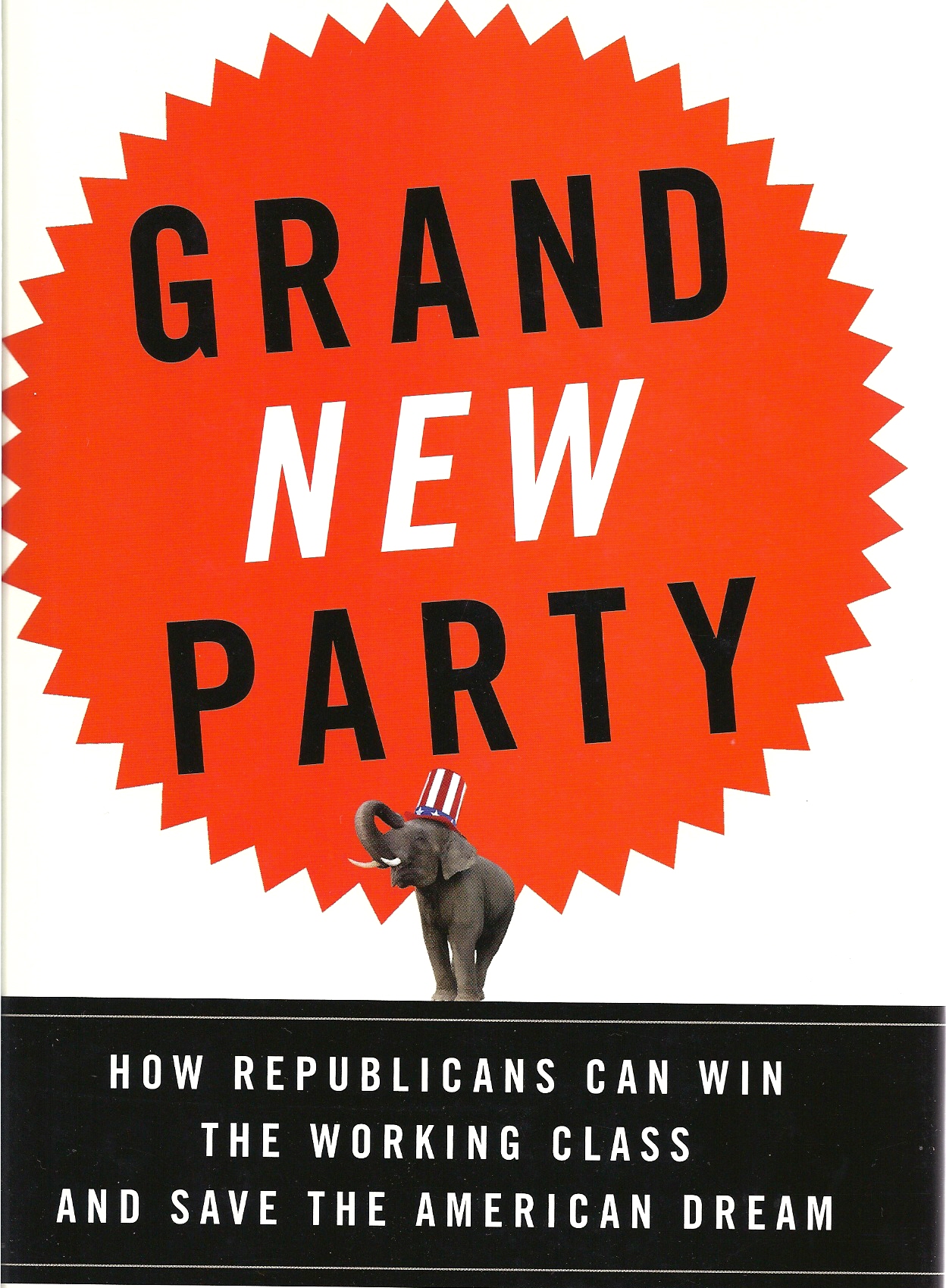My college student friend is like many people today who form their beliefs with an almost total disregard for evidence. He is open to supernatural claims, but closed to logic-chopping. He's ready to believe in ancient traditions, finding them not merely interesting but enlightening, and discusses them alongside the latest in string theory.
Christians today are conflicted about how to address this mentality. The apologetical mode for decades has been focused on proof, but the audience for proof is dwindling.
Should I try to persuade my friend that evidence matters? Or should I provide him with a plausible narrative for faith, excusing myself from the standards of intellectual rigor?
It may help to be more specific about the postmodern person's suspicion of evidence and logic.
I believe that the use of logic to build systems and discover truth is regarded by many today as a bluff, a game played by the erudite to intimidate the uninitiated. Evidence and logic matter, but an individual's relatively small knowledge base leaves him open to counterfeits. He feels that he can't untangle truth from falsehood because he lacks expertise.
I don't think the average person agrees with the anathemas against reason pronounced by academic postmodernism. Rather, like my student friend, he is suspicious of what he cannot personally verify.
In working to persuade people of this mentality to follow Christ, there are two issues to untangle.
1. To agree with much academic postmodernist thinking that reasoning is artificial and without significance is to undermine human thought and embrace nihilism.
A biblical thinker should recognize the law of non-contradiction as foundational to thought and communication. The classic arguments for the existence of God, for example, are founded on deductive reasoning from this law, and have never been refuted. We should not pretend that speculative logic is worthless.
But these arguments have been set aside, and for good reason, to wit ...
2. Audience does matter -- its capabilities, its knowledge base, its experiences.
The abstract reasoning of, say, the ontological argument for the existence of God has always been a matter for audiences with technical fluency. There are real problems in trying to popularize such an argument.
To begin with, for most people even to comprehend it would require lectures for which they have no interest, patience, or, in particular, use. We can agree with Mortimer Adler that every person should be a philosopher while recognizing that few have been educated as he would have educated them.
A Christian apologist has to decide whether he is a philosophical educator or a preacher of the gospel. The two callings are jealous of devotion.
Another problem with popularization is that the smiling apologist who reduces a classic argument to its breeziest simplicity will puff an audience of Christians with overconfidence and self-satisfaction. Oversimplification is not part of a healthy spiritual diet.
So propriety in reasoning matters. But so does audience.
I believe that, in our context, the Christian apologist should employ logic defensively, not to attempt positive proofs of the faith but to refute competing claims. And he should reason about matters genuinely open to his audience's knowledge base.
In my current sermon series, then, I am taking on a proposition that is heard incessantly. The world's religions are merely different expressions of the same spiritual realities.
The average person in my church has heard this. His or her friends have said it over and over. So this proposition is within his or her knowledge base, something the person is competent to evaluate.
My argument establishes a fact. The world's religions are not different expressions of the same spiritual realities. They express different spiritual realities, and the differences are consequential.
In the sermons, I have used documentation from primary sources, and analysis of those teachings in comparison with John 10 to establish this fact. I have posed questions to my audience to drive home the contrasts, inviting their own investigations of other religions to test my statements.
The focus of this approach is narrow. I want to equip my audience to dispose of a flippant generalization. I also want my audience to evaluate the claims of Christ with greater specificity and rigor, regardless of whether they already claim to believe in Jesus.
Here's my bet: take away people's generalizations about Jesus and they will have to deal with what Jesus actually said. And if they deal with what he actually said, they will end up dealing with him.
This is a method that I believe maximizes what reason and evidence can accomplish, while speaking to issues that an audience is competent to assess.






